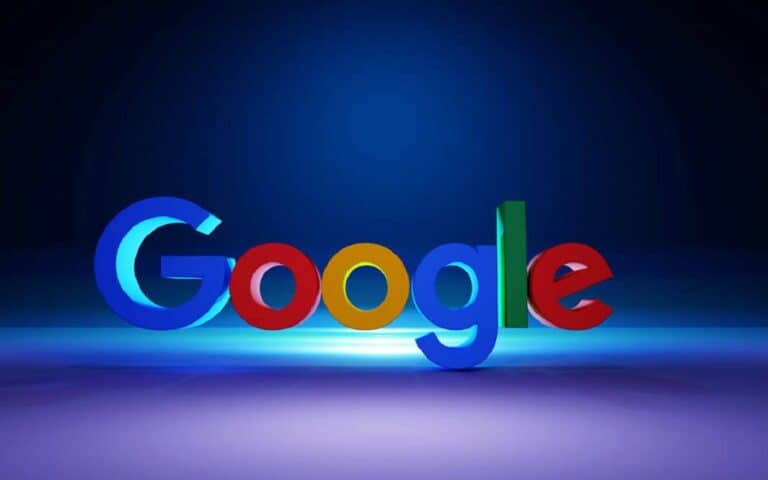Epic Games and Google have reached a settlement that ends their long-running legal battle over Google Play Store policy. The agreement will lead to a series of changes within Android that will increase competition around app distribution and payments.
This was reported by AP. The case began in 2020 when Epic, creator of the popular game Fortnite, sued both Apple and Google for imposing commissions of 15 to 30 percent on in-app purchases. According to Epic, this constituted a barrier to fair competition. After a mixed result in the case against Apple, Epic achieved a clearer victory against Google in 2023. The federal judge ruled that Google unfairly restricted access to the Play Store and ordered the company to allow alternative app stores and payment systems.
Google appealed the ruling, but in 2025, the court rejected the appeal, and the U.S. Supreme Court also refused to suspend enforcement. With the settlement now announced, both companies have resolved their dispute, and there will be greater clarity about the future of the Android ecosystem.
Adjusted fee structure
Under the agreement, Google will make it easier for users to download and install third-party app stores, provided they comply with updated security and privacy rules. Developers will now be allowed to refer their customers to alternative payment options, both within their apps and via external websites.
There will also be a modified fee structure: for transactions made through alternative payment methods, Google will charge a limited fee of 9% or 20%. This arrangement applies to apps installed or updated through the Play Store after October 30.
Epic CEO Tim Sweeney called the outcome an essential step toward a more open Android platform that gives developers more freedom and reduces costs in posts on social media. Google’s Android director Sameer Samat said that users can expect more choice and flexibility, while security remains guaranteed.
The settlement still needs to be approved by Judge James Donato. If it is, the changes are expected to be implemented later this year. This appears to bring to a close one of the most notable competition cases in the US technology sector in recent years.
